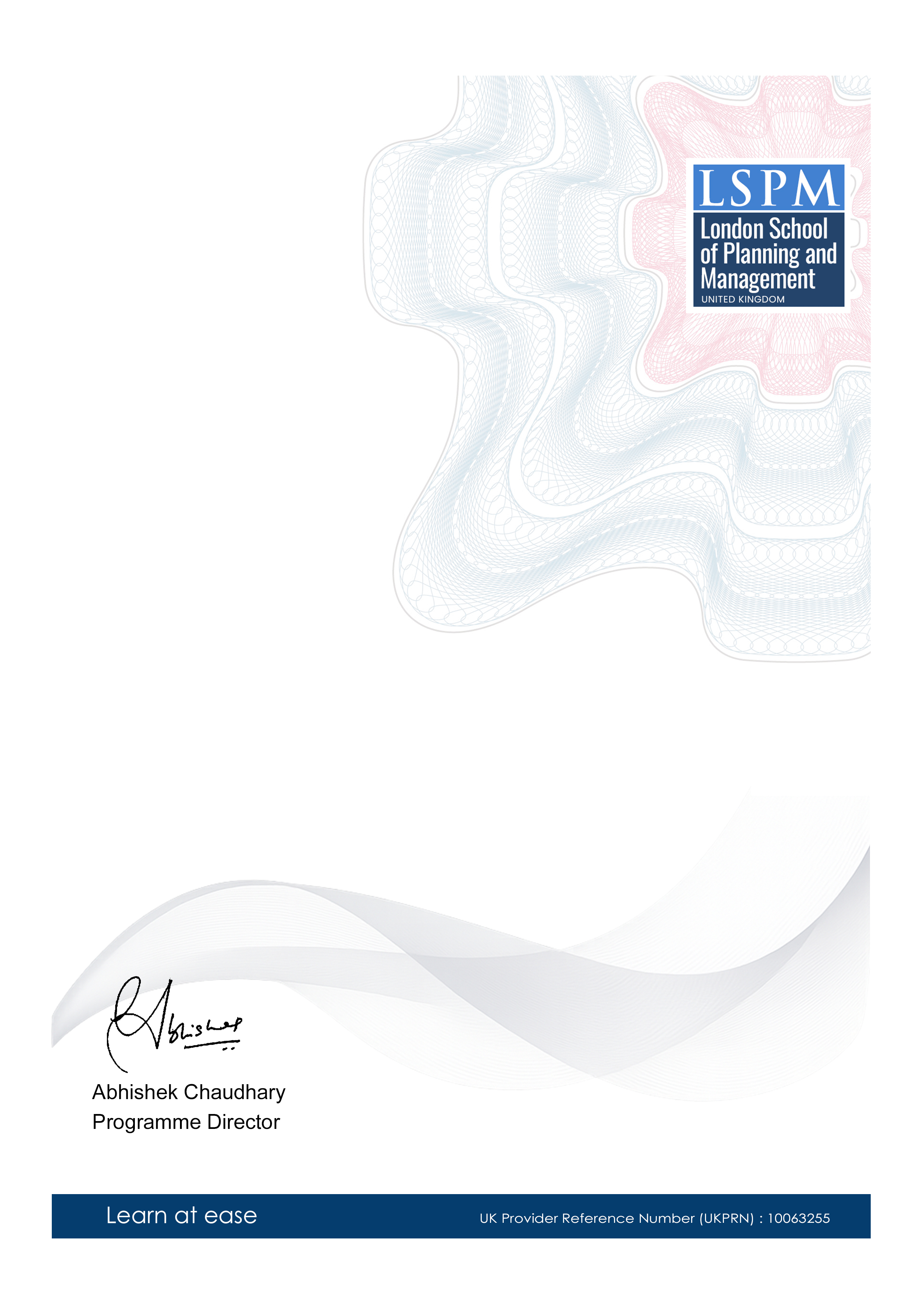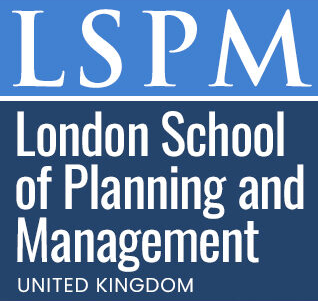Postgraduate Certificate in Pollution Policy Development
-- viewing nowPollution Policy Development is a crucial aspect of environmental management, and this Postgraduate Certificate is designed to equip professionals with the knowledge and skills to develop effective pollution policies. Targeted at professionals working in environmental, health, and safety sectors, this certificate program focuses on the development of pollution policies, their implementation, and their impact on the environment and human health.
4,954+
Students enrolled
GBP £ 149
GBP £ 215
Save 44% with our special offer
About this course
100% online
Learn from anywhere
Shareable certificate
Add to your LinkedIn profile
2 months to complete
at 2-3 hours a week
Start anytime
No waiting period
Course details
• Air Pollution Policy: An in-depth analysis of the policy frameworks surrounding air pollution, including regulations, compliance measures, and emission standards.
• Water Pollution Policy: A study of the legislative and regulatory measures designed to prevent and control water pollution, including topics such as wastewater management and clean-up strategies.
• Soil Contamination Policy: An examination of the policy landscape surrounding soil contamination, including the identification, assessment, and remediation of contaminated sites.
• Noise Pollution Policy: A review of the policy frameworks that address noise pollution, including noise level limits, zoning regulations, and community engagement strategies.
• Climate Change and Pollution Policy: An exploration of the intersection between climate change and pollution policy, including the role of carbon pricing, renewable energy, and energy efficiency.
• Pollution Prevention and Control Technologies: An analysis of the technologies and strategies used to prevent and control pollution, including best available techniques (BAT) and end-of-pipe treatments.
• Environmental Impact Assessment and Pollution Policy: A study of the role of environmental impact assessments (EIAs) in informing pollution policy decisions, including the evaluation of potential impacts and mitigation measures.
• Public Participation and Pollution Policy: An examination of the role of public participation in pollution policy development, including stakeholder engagement, transparency, and accountability.
• International Cooperation and Pollution Policy: A review of the international frameworks and agreements that address pollution, including their role in promoting cooperation, information sharing, and technology transfer.
Career path
Entry requirements
- Basic understanding of the subject matter
- Proficiency in English language
- Computer and internet access
- Basic computer skills
- Dedication to complete the course
No prior formal qualifications required. Course designed for accessibility.
Course status
This course provides practical knowledge and skills for professional development. It is:
- Not accredited by a recognized body
- Not regulated by an authorized institution
- Complementary to formal qualifications
You'll receive a certificate of completion upon successfully finishing the course.
Why people choose us for their career
Loading reviews...
Frequently Asked Questions
Course fee
- 3-4 hours per week
- Early certificate delivery
- Open enrollment - start anytime
- 2-3 hours per week
- Regular certificate delivery
- Open enrollment - start anytime
- Full course access
- Digital certificate
- Course materials
Get course information
Earn a career certificate

